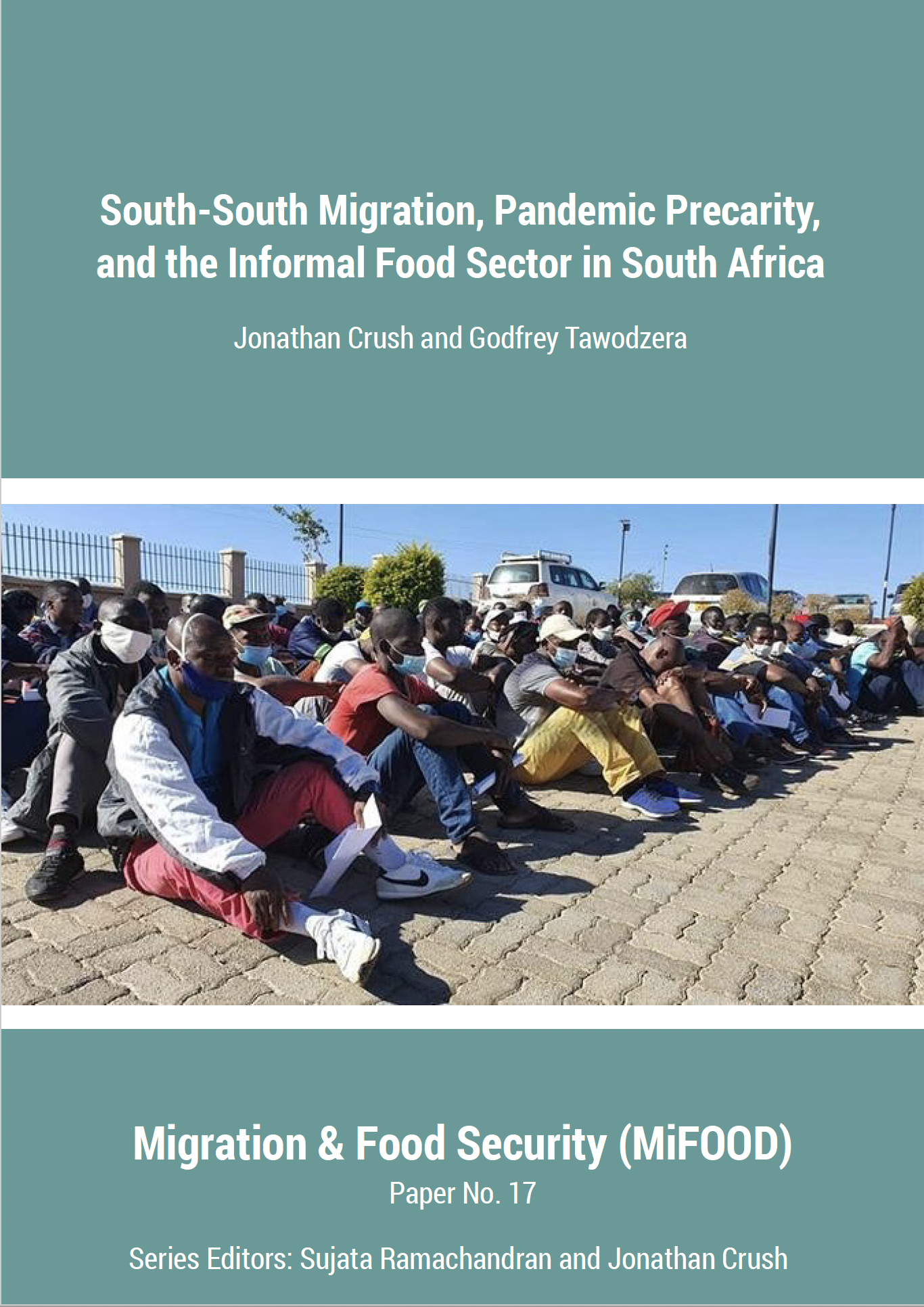The analysis of COVID-19 pandemic precarity in Africa should focus on the ways in which pre-pandemic migrant vulnerabilities were reconfigured in ways that weakened economic resiliency and reinforced disadvantage. This is the first paper to apply the concept of pandemic precarity to the impact of COVID-19 on migrants working in the informal food sector of African cities. The paper develops a new method for measuring pandemic precarity and applies this to data from a 2021 survey of migrant-owned informal food enterprises in the city of Cape Town. The Informal Pandemic Precarity Index (IPPI) and Informal Pandemic Precarity Scale (IPPS) are used to rate the severity of the pandemic on the business operations of migrant enterprises. Most enterprises score in the mid-range of intense pandemic precarity with smaller numbers experiencing severe and low precarity respectively. The proposed methodology has potential wider application as a way of capturing and quantifying enterprise, household, and individual precarity during times of crisis.

